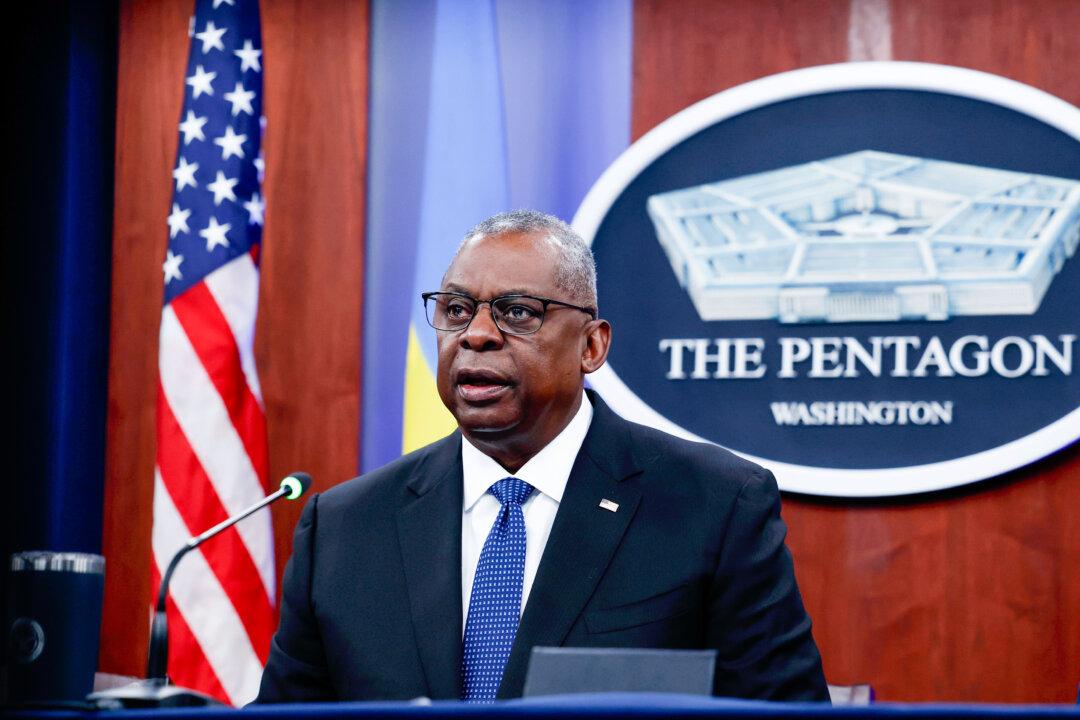WASHINGTON—The U.S. military said on Sept. 29 that it was increasing its air support capabilities in the Middle East and putting troops on a heightened readiness to deploy to the region as it warned Iran against expanding the ongoing conflict.
The announcement came two days after President Joe Biden directed the Pentagon to adjust U.S. force posture in the Middle East amid intensifying concern that Israel’s killing of the leader of the Iran-backed Hezbollah terrorist group could prompt Tehran to retaliate.





